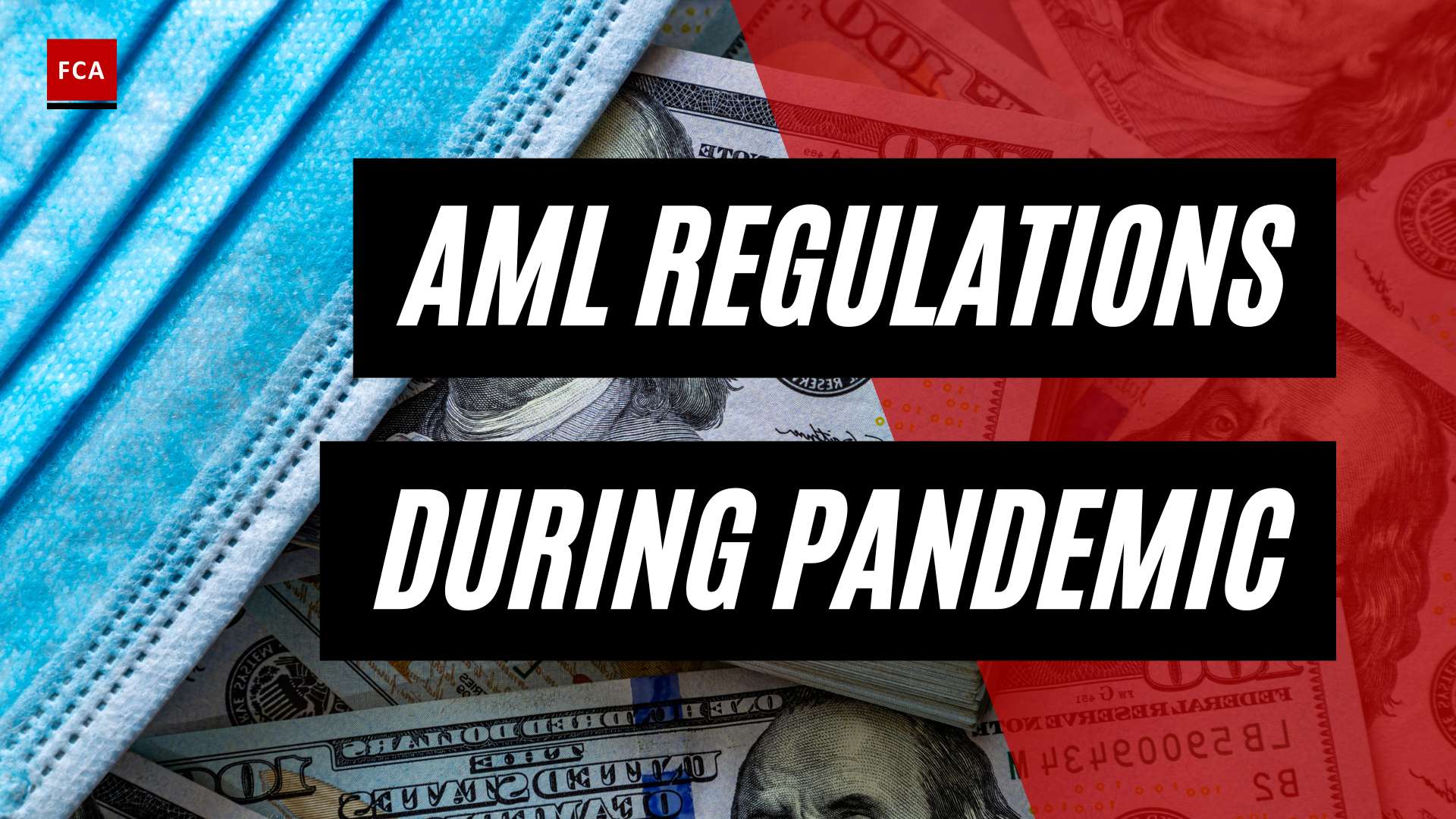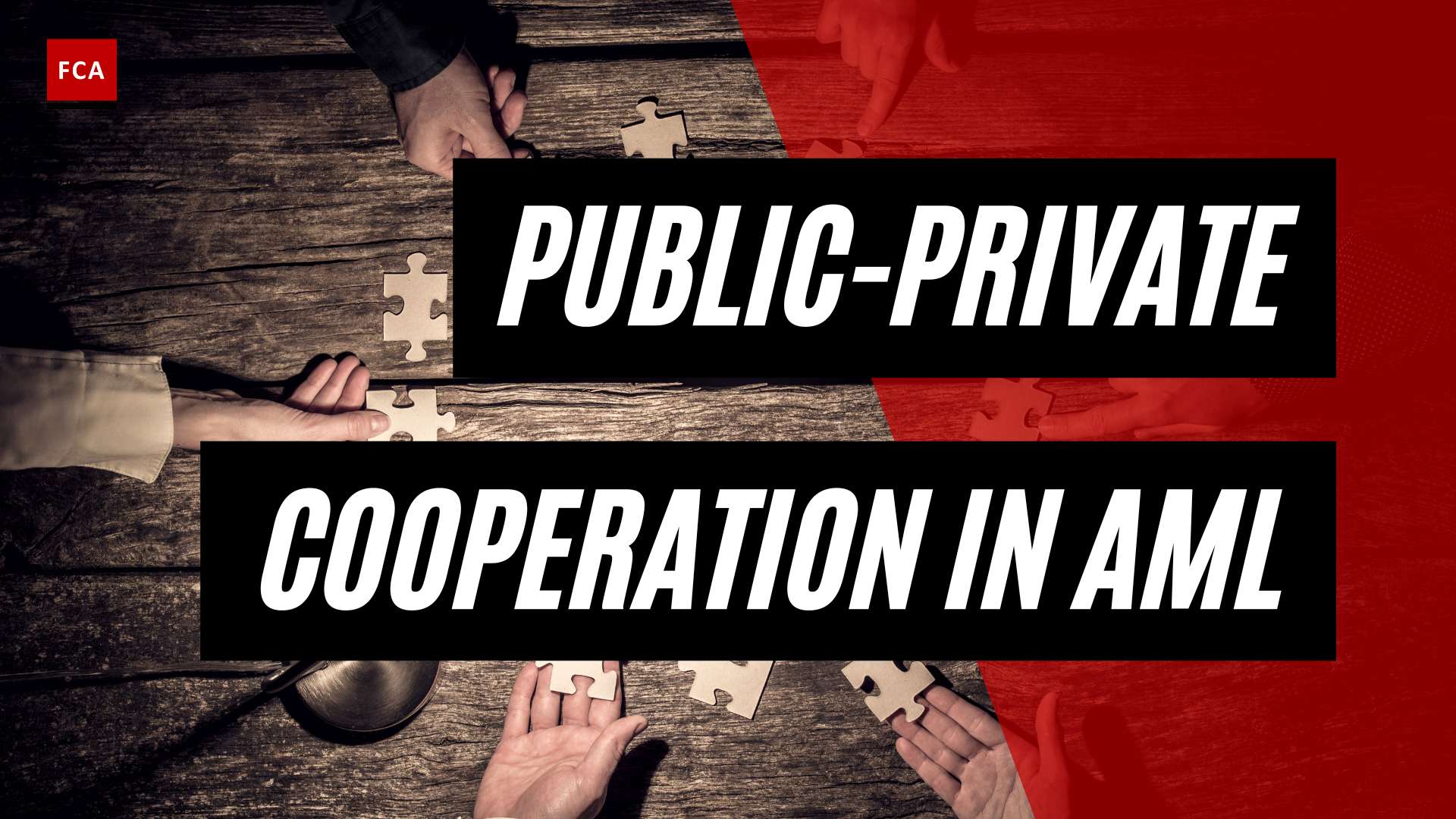One of the types of financial crime is fraud. What is Fraud? Fraud is a criminal act that includes theft, corruption, embezzlement of funds, insider trading, and extortion. All fraud activities are illegal, and person or persons involved in these activities are categorized as criminals. Fraud usually includes theft, corruption, embezzlement, money laundering, bribery, insider trading, and extortion. All fraud activities are illegal, and person or persons involved in these activities are categorized as criminals. In other words, using deception to dishonestly make a personal gain for oneself and/or create a loss for another is fraud.

What is Fraud?
Experts say that “Fraud is not a possibility; it is a reality” as companies and businesses are always dealing with several suspicious incidents more or less permanently.
Fraud is usually an intentional act or series of acts perpetrated by human beings using trickery and cunning using two types of misrepresentations which are a suggestion of falsehood or suppression of truth.
It is primarily the responsibility of management to establish systems and controls, to prevent or detect fraud, errors, and weaknesses of internal controls. The internal audit department may then monitor these systems and controls. Internal audit may also be required by management to specifically review the entity’s exposure to error or fraud or to undertake a special investigation to look into suspected error or fraud.
Although fraud is prevalent across organizations of all sizes and in all sectors and locations, research shows that certain businesses are exposed to greater fraud risks than others, such as banks, money service businesses, money transfer businesses, manufacturing businesses, etc. The control environment should be adjusted to fit the degree of fraud risk exposure.
Some of the most common examples of fraud activities, which are carried out by people, including companies’ employees, are:

- Counterfeiting: Counterfeiting is one of the examples of fraud incidents or fraud types that may result in significant and extreme financial consequences for the organization. The fraudsters’ use of emerging and new technology enables them to counterfeit and produce realistic-looking materials and packaging to fool legitimate traders, including wholesalers and retailers.
Counterfeiting is considered a lucrative business activity for the fraudster, providing tremendous avenues and possibilities for making large commercial profits through technology. It is a problem affecting many industries, including pharmaceuticals, electrical goods, and fashion. However, there are often many victims affected by such fraud, not just the business that has been duped or had their brand exploited.
- Theft of Plant: Employees or staff of the company may be involved in the theft of the plant and assets. Employees usually take advantage of access to the plants and assets and steal those assets to gain financial benefits or money. The company’s theft of the plant and assets are considered fraud.
- Inventory or Cash: Employees or staff of the company may be involved in the theft of inventory items or cash. Employees usually take advantage of access to inventories and cash and steal them to gain financial benefits through the ready availability of cash.
The theft of the inventories and cash is considered fraud activity. Inventories theft cases occur in companies or organizations involved in manufacturing goods, and theft of cash usually occurs in banks or institutions where access to cash holding is common for the authorized staff.
- False Invoicing: The company employees use false invoicing methods to make incorrect or excess payments to outsiders or vendors. Such vendors may be involved with the company’s employees to commit fraud. The wrong payments are released through false invoicing to the vendors, who in turn provide financial benefits to the concerned employees of the company that made false invoicing.
There are also situations where false payments are made to the vendors or suppliers who the employees of the company themselves own. Such as, Mr. A of company ABC may be involved in false invoicing, where he made various false payments to the supplier of stationery items, which is owned by Mr. A himself.
Final Thoughts
Fraud is the intentional withholding of important information or the provision of false statements to another party for the purpose of obtaining something that would not have been provided without the deception. Counterfeiting, Theft of Plant, Inventory, or Cash, and False Invoicing are the most common types of fraud.








